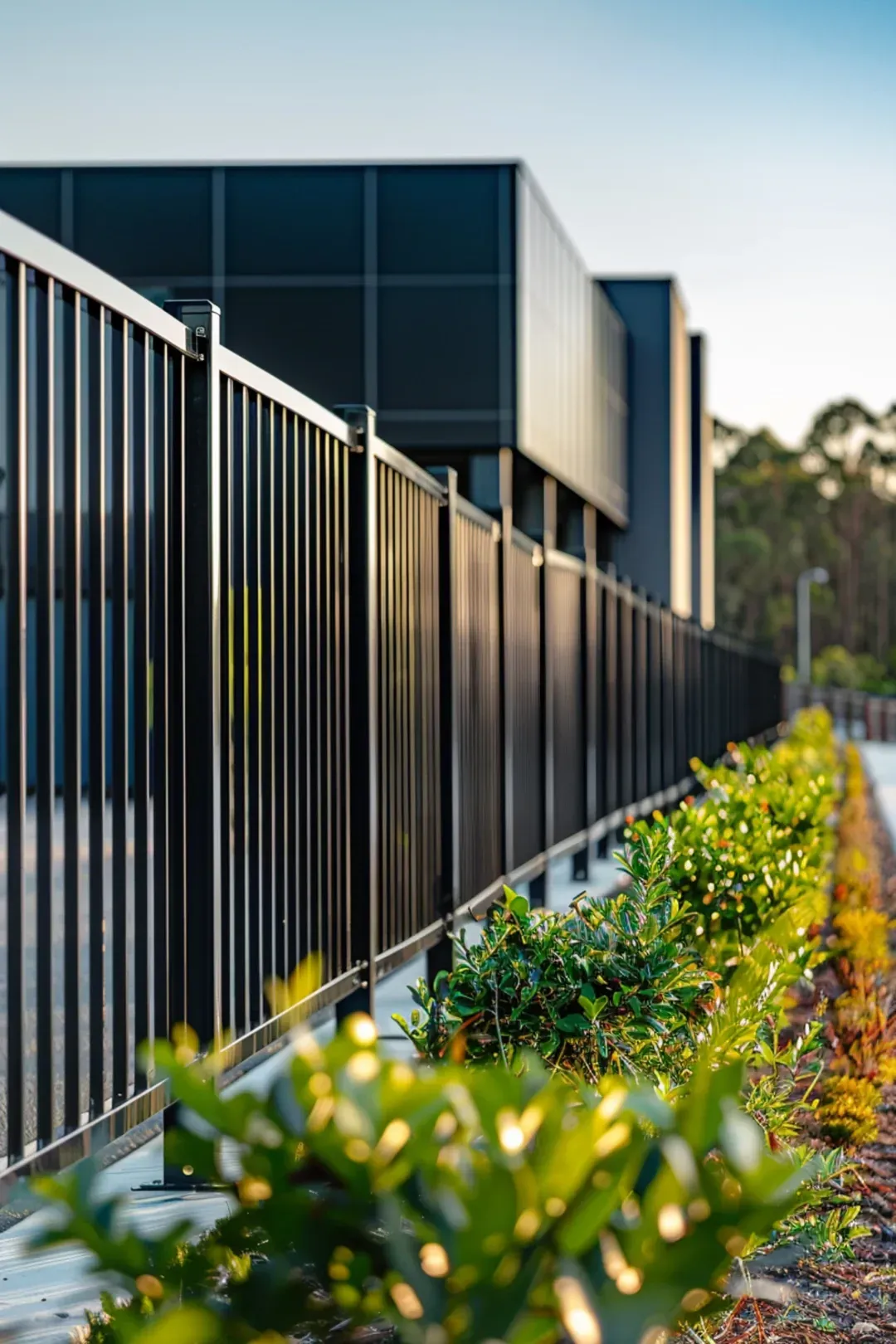
Best Fencing Materials for Massachusetts & New Hampshire Weather
Why Weather Matters in Fencing Choices
Massachusetts and New Hampshire homeowners face some of the toughest weather in the country. From heavy snow and ice storms in winter to humid summers and salty coastal air, fences need to be built to last. Choosing the right material ensures your investment holds up for decades, while the wrong choice can leave you with repairs and replacements far sooner than expected.
Common Fencing Materials in New England
When it comes to fencing, homeowners have several popular options. Each comes with its pros and cons in terms of durability, cost, and maintenance.
Wood Fencing
Wood fences are a timeless choice, offering warmth and natural beauty. In New England, pressure-treated pine and cedar are the most common. Cedar naturally resists decay, while pine requires sealing to withstand moisture. The drawback is maintenance — snow and rain can lead to warping or rot if left untreated.
Vinyl Fencing
Vinyl has become one of the most popular options for homeowners who want a low-maintenance fence. It resists water, pests, and rot, making it ideal for areas like Middlesex County where winters can be long and wet. Vinyl’s initial cost is higher than wood, but the long-term durability and minimal upkeep often make it more affordable over time.
Aluminum Fencing
Aluminum fencing is strong, lightweight, and weather-resistant. It doesn’t rust like iron, and it stands up well against snow and ice. For homeowners in areas like Residential Fencing in Essex County, aluminum fences add elegance without requiring frequent repainting or sealing.
Chain Link Fencing
Chain link is the most cost-effective material and is highly durable. While not the most decorative, it works well for property boundaries, gardens, or commercial needs. For larger areas, such as farms or businesses, it provides excellent value. Check out our Commercial Fencing in Rockingham County page to see how it’s used in business settings.
How Massachusetts & New Hampshire Weather Impacts Fencing
Winter Snow and Ice
Snow buildup adds weight and pressure to fences. Wood can warp or split, while poorly installed vinyl can crack. Choosing professional installation prevents issues caused by shifting ground during freeze-thaw cycles.
Spring Rain and Moisture
Moisture leads to rot in untreated wood. That’s why cedar or pressure-treated wood is essential in the Northeast. Vinyl and aluminum handle wet conditions much better.
Summer Heat and Humidity
High humidity can cause swelling in wood and fading in cheap vinyl. Investing in UV-resistant vinyl ensures long-lasting color.
Coastal Salt Air
For towns near the coast, salt air can corrode metal fencing. Aluminum is far more resistant than steel, making it the top choice in coastal Middlesex and Essex County areas. NOAA provides helpful data on regional climate factors that impact building materials.
Best Choices for Long-Term Value
Best for Privacy: Vinyl and cedar wood are the top picks for homeowners seeking privacy in places like Residential Fencing in Cambridge.
Best for Durability: Aluminum stands up to snow, ice, and salt air without rusting.
Best for Budget: Chain link remains the most cost-effective, especially for larger properties.
Best for Style: Decorative aluminum and custom wood add curb appeal while enhancing property value.
Maintenance Considerations
Even the best materials require some upkeep.
Wood fencing needs staining or sealing every 2–3 years.
Vinyl fencing should be washed annually with soap and water.
Aluminum fencing may need repainting every decade, though powder-coated options often last longer.
Chain link fencing is nearly maintenance-free but can require occasional rust protection on fittings.
For additional property maintenance insights, visit Mass.gov for official homeowner guides.
Residential vs. Commercial Needs
Homeowners often prioritize privacy and curb appeal, while businesses may need security and durability. That’s why we provide both Residential Fencing in Middlesex County and Commercial Fencing in Boston. Each project is customized to the property and weather conditions.
How the Right Fence Increases Home Value
A fence designed with durable, weather-appropriate materials not only saves on repairs but also boosts resale appeal. Buyers see a well-maintained fence as proof that the property has been cared for, especially in climates where weather is harsh. According to HGTV, outdoor features like fencing can significantly enhance first impressions when selling.
Choosing a Local Contractor Matters
The right materials are only part of the equation — professional installation makes the difference between a fence that lasts 5 years and one that lasts 25. Our team knows the specific soil conditions, snow loads, and zoning rules of Massachusetts and New Hampshire. That’s why so many homeowners trust us with projects from Residential Fencing in Salem to Residential Fencing in Lowell.
Final Thoughts
Fencing in Massachusetts and New Hampshire requires materials that can stand up to snow, rain, heat, and salt air. Vinyl, aluminum, cedar, and chain link all have their place, but your choice should balance style, budget, and long-term performance. With the right contractor, you’ll enjoy a fence that enhances your home for decades.
Ready to build a fence designed for New England weather? Visit our Free Quote page and let AA Fencing Construction guide you to the perfect solution.
